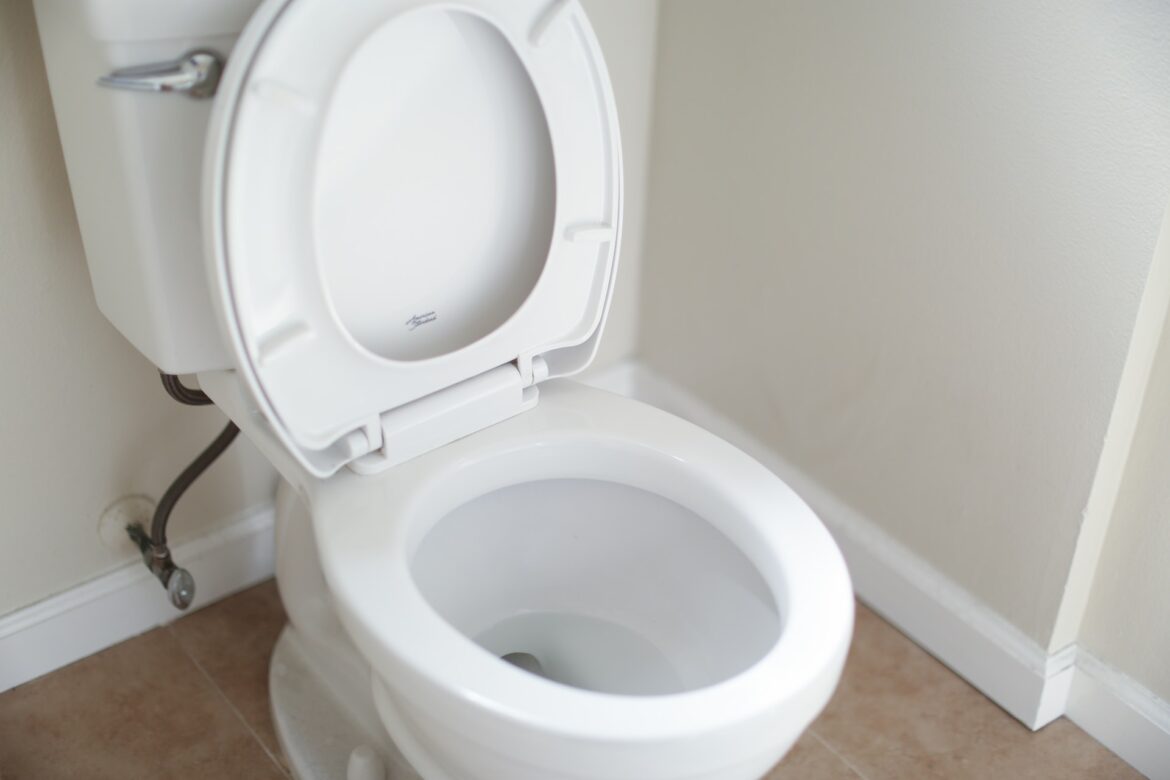Importance of Septic Tank Draining
Wastewater from toilets and sinks drains into the septic tank, where solids settle at the bottom (sludge) and grease and other oils float to the top (scum). Healthy bacteria in the septic tank process the sludge. The liquid wastewater, called effluent, exits the septic tank into a soil dispersal area (or drain field) for final treatment by the soil.
Clogged Toilets
All wastewater from toilets, showers, sinks, and washing machines drains through the septic tank. Keeping the septic tank full of sludge and sediment blocks the flow from the house to the leach field, leading to slow-moving drains and clogged toilets.
The most common cause of clogged toilets is flushing non-flushable items into the toilet. These include diapers, tampons, and pads that expand when they enter the sewer system and take too long to break down. Paper products like towels, cleaning wipes, and newspapers should also not be flushed.
You can prevent clogged toilets by pumping your septic tank every 3 to 5 years. Other septic tank draining Orlando FL includes repairing leaking faucets and showerheads, diverting roof and surface water away from the system, and using household drain cleaners sparingly.
Clogged Sinks
A clogged sink can be prevented by regularly flushing drain-cleaning products. A vinegar and baking soda mixture can power through organic waste in a drain. Other clog-fighting solutions include hot water and commercial products.
A well-functioning septic tank is a settling chamber that separates solid waste from wastewater so clear liquid can filter to the drain field.
Over time, the septic tank fills with water until it is complete. The septic tank outlet pipe then pumps pretreated wastewater into the drain field, where the soil treats and disperses it.
Clogged Garbage Disposals
Septic systems are designed to provide onsite sewage treatment for homes not connected to a municipal sewer system.
However, some materials need to break down and build up within the septic tank and drain field lines during this process. This material can cause clogs and failure of the entire septic system.
Avoid dumping chemicals or other hazardous materials into your septic system. These items can contaminate groundwater or block septic tank openings. Also, never flush baby wipes, cleaning wipes, or moist towels down your drains. Instead, recycle them or find a local waste drop-off location. Additionally, septic tanks can be damaged by large amounts of coffee grounds or citrus fruits that make their way into the tank.
Clogged Drains
When sewage drains into your septic system, bacteria that live without oxygen break down most organic solid waste. In a tank, solids that heavily sink to form a layer called sludge, while fats, oils, and grease float to the top to form a layer called scum. The watery middle layer, or effluent, flows out into the drain field, where soil works as a natural filtration system to treat the sewage.
A sudden gurgling noise can indicate that your tank is full and needs to be emptied. The gurgling is caused by pipe air pockets that prevent liquids from flowing freely.
Avoid adding enormous amounts of solid waste to your septic system. This may overload the system, causing it to overflow into your home or yard. Don’t plant trees within 30 feet of your septic system, and don’t park or drive over your drain field. The roots of these plants can clog and damage the pipes, while the weight of cars and trucks could cause them to collapse.



